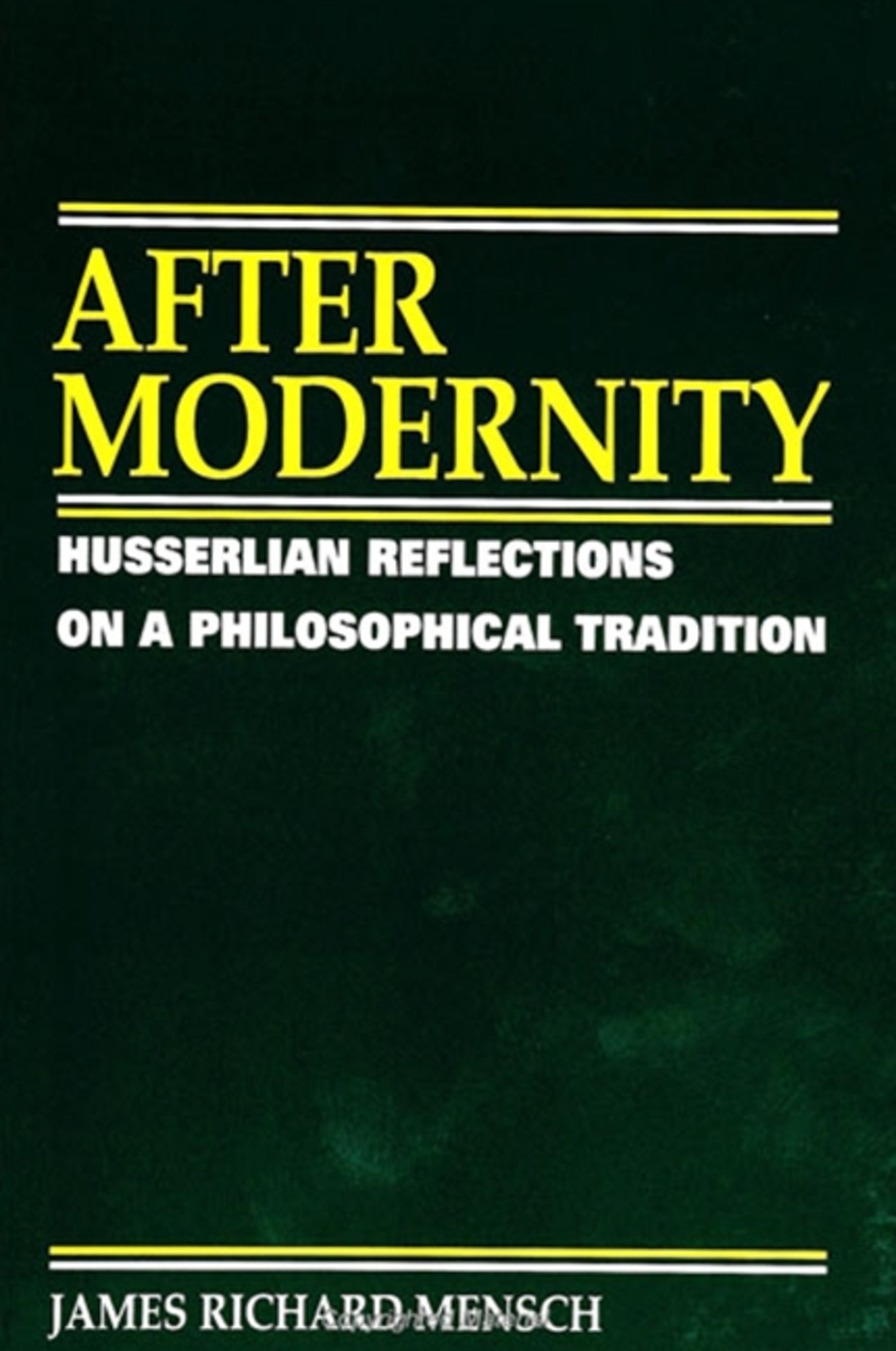We're sorry. An error has occurred
Please cancel or retry.
After Modernity

Some error occured while loading the Quick View. Please close the Quick View and try reloading the page.
Couldn't load pickup availability
- Format:
-
03 July 1996

Offers an alternative to the modern foundationalist paradigm, based in Husserl's analysis of temporality, that shows how the passing of modernity provides an opening for doing metaphysics in a new nonfoundationalist manner.
This book provides an important new answer to the much-discussed question of the nature and possibility of philosophy following the collapse of the modern foundationalist paradigm. Mensch offers an alternative based in phenomenology. Using Husserl's analysis of temporality to reinvigorate Aristotle's account of time, he shows how the passing of modernity is actually an opening for doing metaphysics in a new nonfoundationalist manner. Positioning Husserl within a wider context, Mensch views him both as a culmination of the modern foundationalist paradigm and as providing a way to overcome it through his descriptive analyses.


"Mensch develops rigorous phenomenological analyses in a style which makes even the most obscure concepts accessible, and does so straightforwardly, without engaging in endless qualifications or elaborations of jargon. The account of Husserl's view of time—a notoriously difficult and obscure topic which is very much at the heart of his thesis—is especially well done. I know of nothing on the topic that is this clear. There are many things to admire in this rich text."—Steven G. Crowell, Rice University
"The author takes up an interesting and important problem regarding the nature of self and its relation to time and treats it in a very interesting way. I like the way he has situated the problem in the interplay between the modern and the pre-modern, on one hand, and the modern and the post-modern, on the other. Use of major historical authors to frame his perspective and the development of his own position is interesting and fruitful."—John J. Drummond, Mount Saint Mary's College
Acknowledgments
Introduction
1. Between Plato and Descartes—The Mediaeval Transformation in the Ontological Status of the Ideas
2. Time and Augustine's Metaphysics
3. The Temporality of Knowing
4. Intersubjectivity and the Constitution of Time
5. Existence and Essence in Thomas and Husserl
6. Radical Evil and the Ontological Difference Between Being and Beings
7. Phenomenology and Artificial Intelligence: Husserl Learns Chinese
8. Husserl and Sartre: A Question of Reason
9. Husserl's Concept of the Self
10. Remark
11. Aristotle and the Overcoming of the Subject-Object Dichotomy
12. The Mind Body Problem, Phenomenological Reflections on an Ancient Solution
13. Nietzsche-Darwin: Confronting the Janus Head
14. The Splitting of the Self
15. Post-Normative Subjectivity
Notes
Bibliography
Name Index
Subject Index



